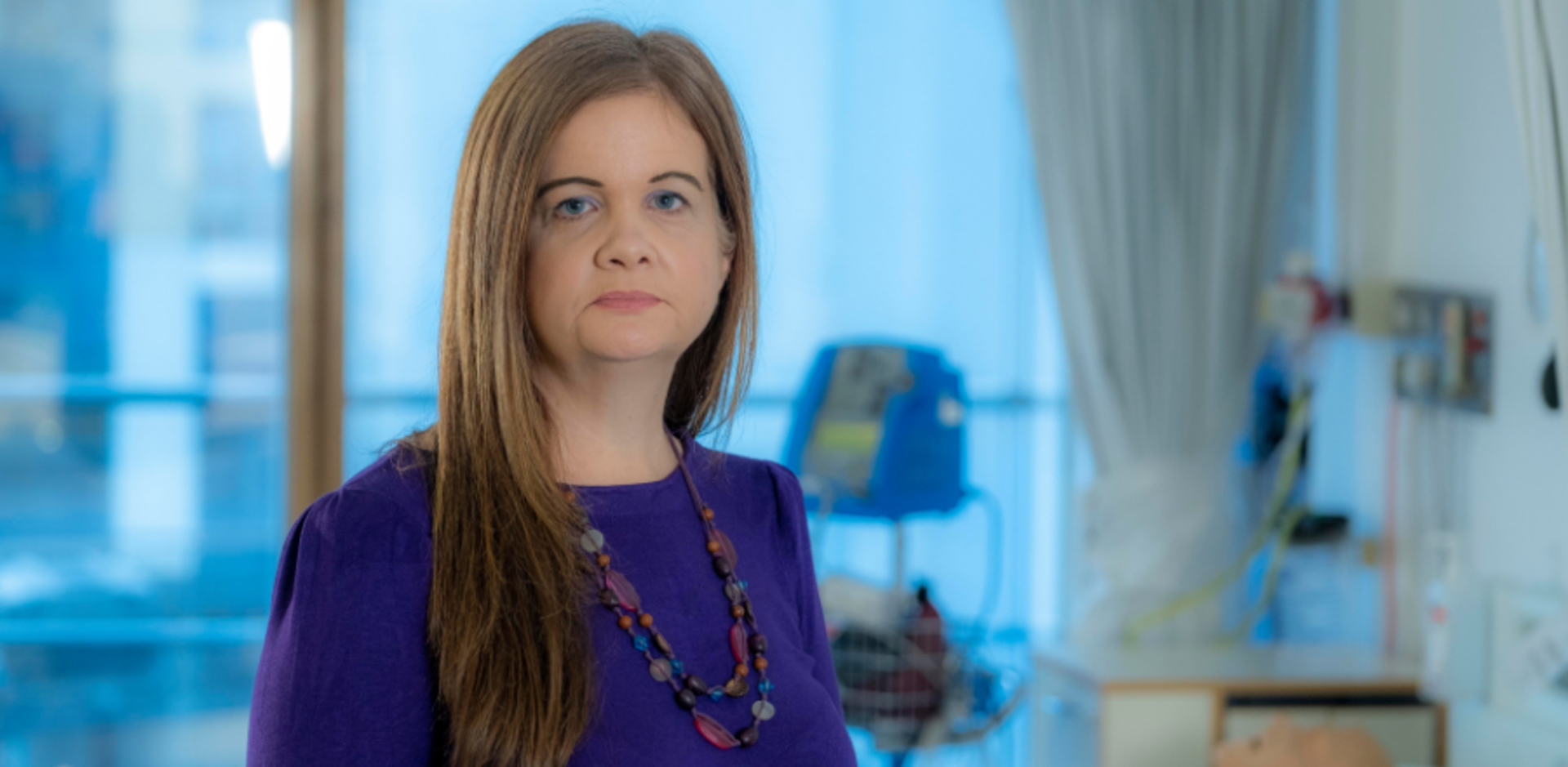Nurses feel pressure from patients to prescribe antibiotics

Researchers at Glasgow Caledonian University (GCU) battling the global crisis of antibiotic overuse found that nurses felt pressure from patients to hand them out even if they didn’t need them.
In Scotland, there are around 2,400 Nurse Independent Prescribers (NIPs) working in GP surgeries, hospital and in the community, who are helping to fight the ongoing problem of antimicrobial resistance (AMR).
The overuse of antibiotics in recent years means they are becoming less effective and has led to the emergence of superbugs. These are strains of bacteria that have developed resistance to many different types of antibiotics.
Researchers surveyed all NIPs currently seeing patients with upper respiratory tract infections as part of their role and 184 responded with amazing insights. Upper respiratory tract infections affect parts of the body involved in breathing, such as the sinuses, throat, airways or lungs. Most get better without treatment.
Lead author of a new research paper, GCU Senior Lecturer in Nursing and Community Health Dr Val Ness – who worked as an A&E nurse for many years before joining GCU - said the findings will be of great interest to the public and healthcare professionals.
She said: “The most positive finding was that NIPs intend to manage these patients without prescribing an antibiotic and it provides reassurance that they intend to prescribe appropriately.
“However, the most surprising findings, and perhaps the biggest barrier to cutting overuse of antibiotics, were that two thirds of the nurses felt under pressure from patients and relatives to prescribe antibiotics and a third said that they may change their behaviour because of this pressure and prescribe an antibiotic even if they felt the patient didn’t need it.
“Nurse prescribing is expanding globally, and these findings provide reassurance that NIPs intend to prescribe appropriately. The identification of nurse-specific barriers and enablers to this intention should be acknowledged and targeted in future interventions to manage this behaviour.”
Of those NIPs surveyed, 61% worked in the community, 27% worked in hospitals and 12% worked in both settings. In the interviews with nurses, many said they felt they had more time than GPs to give advice about the overuse of antibiotics.
GCU began running a Non-Medical Prescribing course for NIPs back in 2006 to improve access, patient safety and patient-centred care, and to make better use of doctors' and nurses' time. The course highlights the problems of antibiotic resistance and appropriate prescribing if antibiotics.
Dr Ness added: “What we can take from this research is that the message is definitely getting through to NIPs about managing patients without prescribing an antibiotic for upper respiratory tract infections but they still believe there is an expectation from patients and relatives that they need one.
“The NIPs also told us they use many strategies to manage patient expectations such as education, symptom management and empowering patients to self-manage. They can do this because they often have more time with the patient and/or know the patient.
“The best advice I can give to patients is to trust their healthcare professional, or prescriber, and not to go into an appointment with an expectation of getting an antibiotic. Usually our immune systems are good at dealing with these infections and often they are viral and viruses don’t respond to antibiotics.
“Before booking appointments with their surgeries, people with upper respiratory tract infection symptoms should visit the NHS help pages for advice and at the moment, due to COVID-19, follow government guidance.
“If you do need to attend an appointment just explain clearly what your signs and symptoms are and allow the prescribers or healthcare professionals to suggest the best treatment.
“Of course, there are some people and some conditions which will require treatment with antibiotics so in no way are we saying nobody should be getting antibiotics – just that we need to save it for the people and conditions that need it most.”
The research paper entitled ‘Factors associated with independent nurse prescribers’ antibiotic prescribing practice: A mixed methods study using the Reasoned Action Approach’ was published in the Healthcare Infection Society’s Journal of Hospital Infection, published by Elsevier.
The research was supported by a Chief Scientist Office/Scottish Infection Research Network funded PhD training fellowship.
The Scottish Government AMR Policy and Strategy Team: Chief Nursing Officer’s Directorate said: “Prescribing is only one part of the relationship between prescriber and patient, and it is complex.
“The data published by Health Protection Scotland in the 2020 SONAAR Report shows significant reductions in community-prescribed antibiotics, but there is still more work to do to ensure that both prescribers and the public recognise that antibiotics are not always needed in otherwise healthy people when they present with symptoms of respiratory tract infection. The Keep Antibiotics Working campaign runs annually to provide advice, support and further information to both prescribers and the public.”
Dr Ness, and co-authors Professor Kay Currie, Professor Jacqui Reilly, Dr Kareena McAloney and Professor Lesley Price, are all researchers in GCU's Safeguarding Health through Infection Prevention (SHIP) Research Group.
The SHIP team is part of the University's Research Centre for Health (ReaCH) – improving health and wellbeing for all.
ReaCH makes a direct and significant contribution to Sustainable Development Goal 3 – good health and wellbeing - issued by United Nations in 2015 as a blueprint for peace and prosperity across the planet.
To read the full research paper click here.
